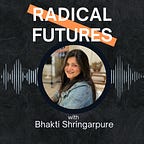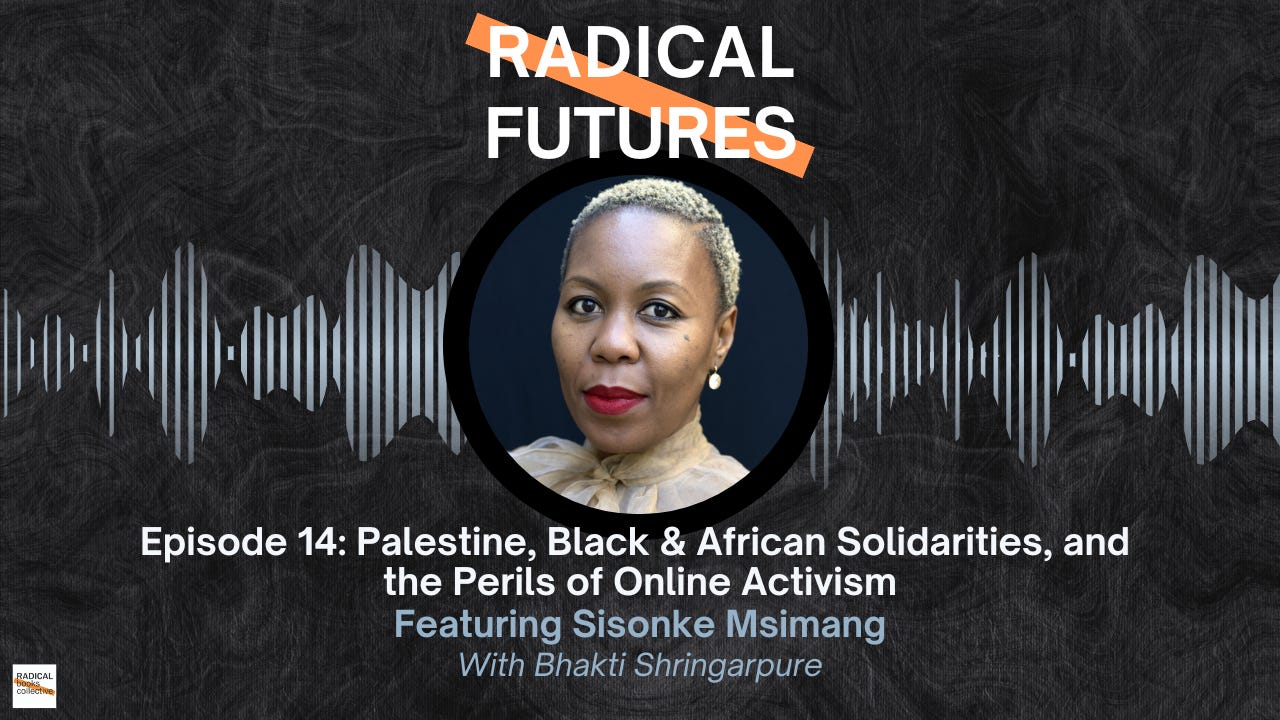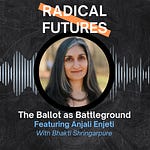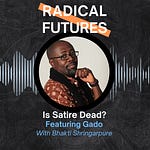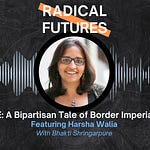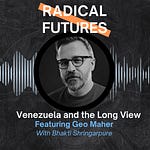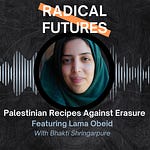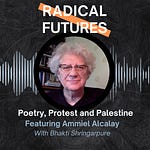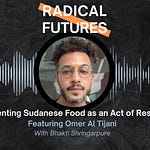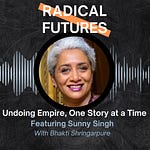Sisonke Msimang is clear that she is, first and foremost, an African.
“Despite the fact that Africa is not a country, I experience myself, I feel myself, to be African,” she tells me. Sisonke was born to South African activist parents and grew up “a child of the freedom struggle.” Even though she moved around a lot, Sisonke feels at home in many countries and continents, as well as within the global Black diaspora.
South Africa, however, remains a political and intellectual anchor. By the time she finished university there, “freedom was on its way,” and for Black South Africans, the challenge of building the country was monumental. After working in development and human rights organizations for several years, Sisonke experienced a “loss of faith in what international institutions could do, and what it meant to use the language of human rights.” The gap between what was promised on paper and in charters and the reality of the state’s conduct felt “viscerally clear.” She turned to writing to articulate these precise concerns, and to make sense of “a moment in which the promise of freedom and the promise of the liberation struggle was beginning to fade.”
Sisonke is the author of two books and dozens of essays and articles, all of which are deeply political and incisive works of cultural criticism centering Black women, race and racism, and Africa. Palestine has also been central to Sisonke’s writing, engagement and activism. She believes that progressive South Africans have instinctive solidarity for Palestine because they, too, have experienced apartheid and occupation.
“The parallel struggles between our people are impossible to ignore,” she says.
Yet questions of solidarity and the precise shape of political activism and engagement have also come under strain in an attention economy that is miserly and quick to devolve into a virtue signaling circus.
“I try very hard to remember, and to be rooted in what activism felt and looked like before we lived online,” she says when asked about why we choose to focus on some struggles and not others; why Palestine and why not Sudan or Congo? Before the times of social media and online activism, “there was no requirement, no capacity to be an activist on all issues at one time, nor was there a sense that you were somehow a lesser person, you were somehow less committed to social justice or to activism.”
Online activism creates a double bind because it functions as a “kind of panopticon,” according to Sisonke; there comes about a “surveillance of activism as performance.” It forces a politics of gesture that is preoccupied with visibility. “One can both seem to be more engaged than one actually is because of social media and because of what’s visible. And then one can also be assumed to be less involved and engaged…in ways that are not seen and not known to others on Sudan or Congo, simply because one is posting about Palestine.”
However, Sisonke sees a silver lining amidst the gloom and dejection of news from Gaza. In Australia, where Sisonke is now based, the genocide has brought Indigenous and Palestinian groups together, and mass mobilizations have started to take shape. Given the high levels of Islamophobia and anti-Indigenous and anti-Black sentiment in the country, there is now “a real feeling amongst groups, at community level, of folks who are othered by this settler colony, that we see each other and that we are very much in solidarity.”
Additionally, Sisonke also notes that there an “upswell in radical media” with new podcasts, substacks and writing initiatives popping up, speaking back to mainstream Australian politics. Palestine has made radical solidarities possible.
“What might be the role of the writer today?” I ask. Sisonke believes that everyone, and not just the writer, should be on “the front lines of fighting for justice.” But she is aware that it is particularly hard when there is a genocide being carried out, and when those very forces “have the power to silence you and to punish you for speaking up against that genocide.”
“It’s both more important and more difficult than ever to just be a human in this time,” she says. “So, I think the role of the writer is no special or no different from the role of anybody else. It is to show up and to speak the truth about what it is that you see.”
Subscribe to Sisonke’s newsletter: https://sisonkemsimang.substack.com/
Hosted by Bhakti Shringarpure.
Radical Futures is produced by Warscapes
Title Music: “Cottonstorm” by Bayern Boom Beat
Subscribe | Follow www.radicalbookscollective.com


